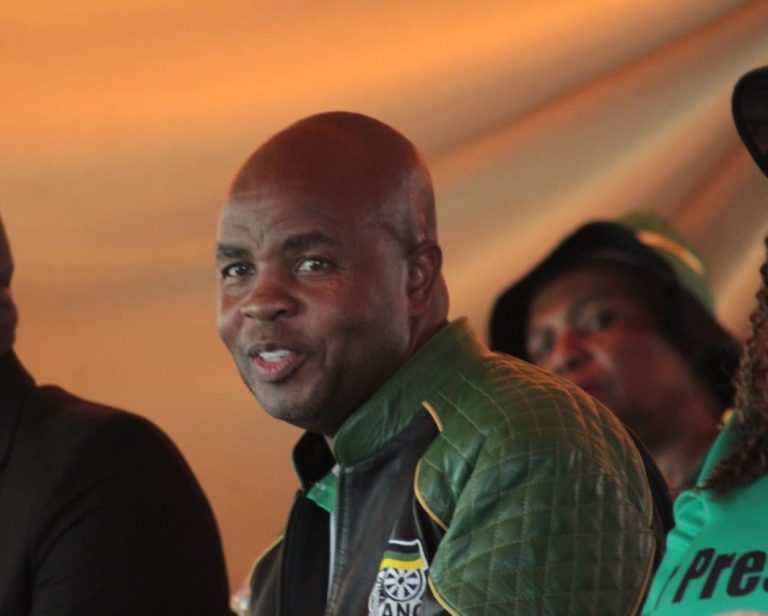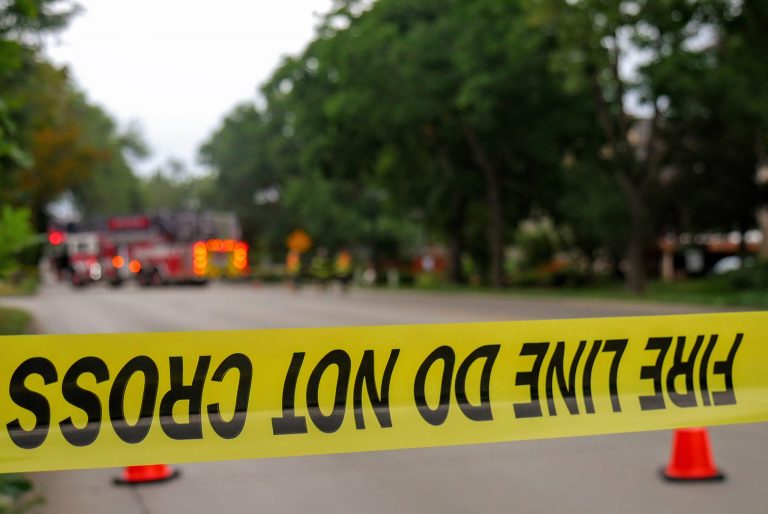Today marks the founder of the Black Consciousness Movement, Bantu Stephen Biko’s 45th anniversary since his death.
Biko died in police custody in Pretoria Central Prison. He was just 30 years old when he died in 1977. The apartheid regime deprived him of food, water and medical treatment he urgently needed because of brutal beatings by the apartheid police.
“It is better to die for an idea that will live, than to live for an idea that will die” #SteveBiko pic.twitter.com/NQuIUKUt5D
— Mbuyiseni Ndlozi (@MbuyiseniNdlozi) September 12, 2022
Biko was involved in various forms in his youth. They expelled from high school for his political activism. He then enrolled in and graduated (1966) from St. Francis College, a liberal boarding school in KwaZulu-Natal. He registered with the University of KwaZulu-Natal Medical School. There he became involved in the multiracial National Union of South African Students (NUSAS.) It was a moderate organisation that had long espoused the rights of Blacks.
"there is no doubt that the colour question in South African politics was originally introduced for economic reasons – Bantubonke Steve Biko who was killed on this day in 1977 pic.twitter.com/kxbOTr169r
— Silences in NGO Discourses (@phethani4) September 12, 2022
He soon grew disenchanted with NUSAS, believing that, instead of simply allowing Blacks to take part in white South African society, the society itself needed to be restructured around the culture of the Black majority. In 1968, he co-founded the all-Black South African Students’ Organisation (SASO), and he became its first president the following year. SASO was based on the philosophy of Black consciousness, which encouraged Blacks to recognise their inherent dignity and self-worth. In the 1970s, the Black Consciousness Movement spread from university campuses into urban Black communities throughout South Africa. In 1972, Biko was one founder of the Black People’s Convention, an umbrella organisation of Black consciousness groups.
In a country that’s bereft of decisive Leadership we can’t help but think of what could have been!
Long live the spirit of Steve Biko ✊🏾✊🏾! pic.twitter.com/RwdQdEPOyH— Sizwe Mdange (@Sizwemdange) September 12, 2022
Biko drew official censure in 1973 when he and other SASO members were banned; their associations, movements, and public statements were thereby restricted. He then operated covertly, establishing the Zimele Trust Fund in 1975 to help political prisoners and their families. He was arrested four times over the next two years and was held without trial for months at a time. On August 18, 1977, he and a fellow activist were seized at a roadblock and jailed in Port Elizabeth, now Gqeberha. He was found naked and shackled outside a hospital in Pretoria (1,190 km) away, on September 11. He then died the next day of a massive brain hemorrhage.
It is that day
When we honor
And pour libations in memory of
A great ancestorBantu Steve Biko taught us:
“The most potent weapon
In the hands of the oppressor
Is the mind of the oppressed”Biko lives!
Asé!
🌿 pic.twitter.com/9QwkYiBcMv— Babu Ayindo (@Dibanjo) September 12, 2022
Police initially denied any maltreatment of Biko. In 1997, five former police officers confessed to having killed Biko and applied for amnesty to the Truth and Reconciliation Commission (a body convened to review atrocities committed during the apartheid years); They denied amnesty in 1999.
Source: Britannica.com





